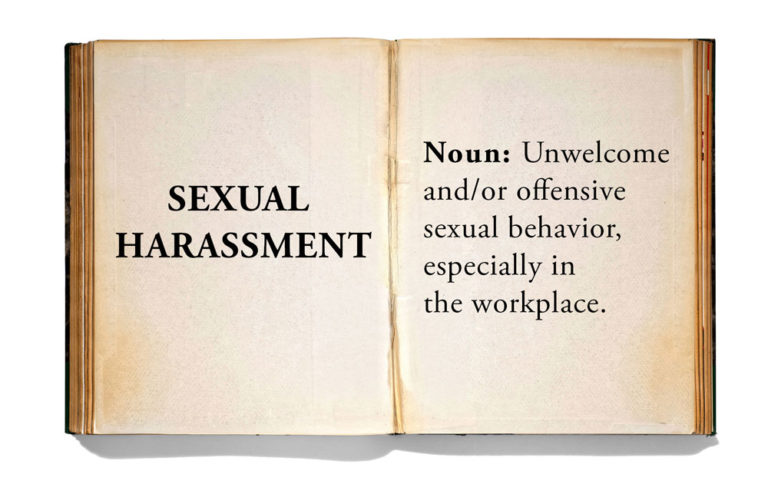
Although theoretically illegal since the Civil Rights Act of 1964 forbade discrimination on the basis of sex, the issue of sexual harassment garnered little public interest or scholarly discussion until 1991, when it burst into public consciousness under the bright lights of the U.S. Senate’s confirmation hearings of Supreme Court Justice Clarence Thomas. Since that time researchers and clinicians have worked to gain better understanding of the antecedents and consequences of harassment and discrimination.
Despite the relative frequency and known psychological sequelae of sexual harassment, few targets of harassment report (5%-30%) or litigate their claims (<1%) . Those who do so are often required to undergo forensic examination as their psychological condition is routinely called into question to challenge both liability and damages. Indeed, research has found sexual harassment to be associated with a host of psychological, organizational, and health-related consequences. Our experts have extensive knowledge and experience in the area of sexual harassment.

Employment
Contact Fitzgerald, Collinsworth, and Associates (FCA) to inquire on your specific matter involving sexual harassment. We are here to assist you, (217) 766-2065.






